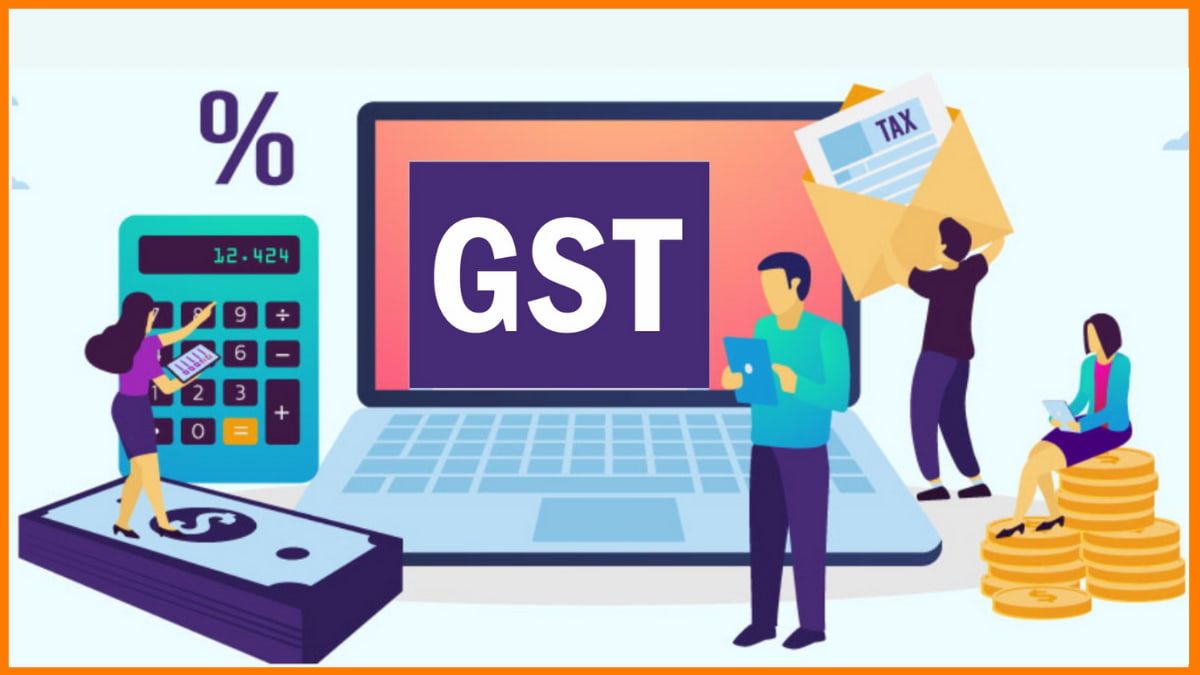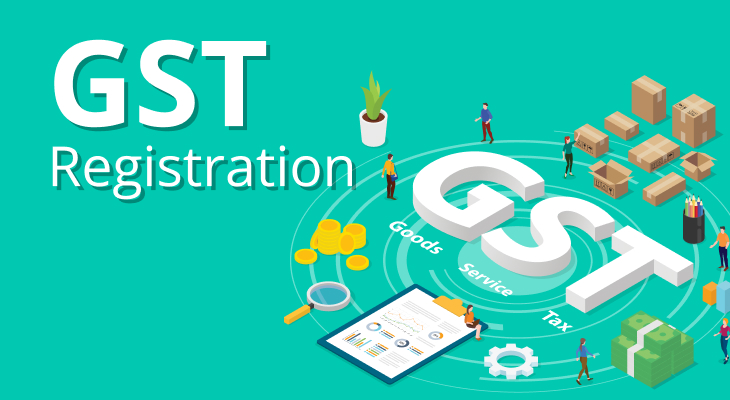Leading Rated Best GST Registration Services in Singapore for 2024
Leading Rated Best GST Registration Services in Singapore for 2024
Blog Article
Throughout: The Ultimate Roadmap to GST Registration for Services Looking For Financial Security
Navigating the complexities of Goods and Services Tax (GST) registration is a critical action for services striving for financial security. Damaging down the roadmap right into workable steps can streamline the enrollment trip for services looking to enhance their financial standing.
Comprehending GST Fundamentals
Digging into the fundamental concepts of Product and Solutions Tax (GST) is vital for obtaining an extensive understanding of its implications on businesses and the economy. GST is a value-added tax imposed on the majority of items and solutions for residential usage. It has changed several indirect tax obligations that existed in the pre-GST period, simplifying the tax obligation structure and improving simplicity of doing company in India. Under the GST system, both goods and solutions are exhausted at a specific price, which is identified based on their classification. Services are required to sign up for GST if their annual turn over surpasses the threshold limitation established by the federal government. Input Tax Obligation Credit (ITC) is a substantial function of GST, permitting businesses to claim credit rating for tax obligations paid on inputs, minimizing the overall tax obligation problem. Comprehending the basics of GST is vital for businesses to adhere to tax laws, manage their financial resources successfully, and add to the nation's financial development by participating in a clear tax system.
Qualification Standards for Enrollment
To sign up for GST, services should meet certain qualification standards developed by the government. The primary eligibility requirement is that any type of service associated with the supply of items or services with a yearly accumulation turnover above the threshold limitation set by the authorities need to register for GST. As of the current policies, the threshold limit for GST enrollment is an annual aggregate turnover of 40 lakhs for businesses running within a state, besides unique group states where the limitation is 20 lakhs. Furthermore, certain businesses are called for to sign up for GST regardless of their turnover, such as interstate providers, informal taxable persons, and companies reliant pay tax obligation under the reverse fee device. It is crucial for businesses to thoroughly assess their turnover and purchase types to establish their GST enrollment obligations precisely. Failing to sign up for GST when eligible can cause penalties and lawful consequences, making it important for companies to comply with the defined eligibility requirements.
Records Needed for Enrollment
Having satisfied the eligibility criteria for GST registration, services must currently ensure they have the requisite records in place to wage the enrollment process successfully. The documents required for GST enrollment typically include proof of company constitution, such as partnership action, enrollment certification, or consolidation certification for various about his kinds of businesses. Furthermore, organizations require to provide documents establishing the primary workplace, such as a rental agreement or electrical power expense. Frying pan card of the organization, along with the identification and address evidence of promoters/partners/directors, are essential for verification purposes. Checking account statements, together with terminated cheques or a duplicate of the bank passbook, are needed to verify the financial information supplied throughout registration. In addition, businesses must have electronic trademarks prepared for the licensed signatory. Ensuring all these papers are arranged and readily offered will certainly speed up the GST registration process, making it possible for services to follow tax guidelines perfectly.
Step-by-Step Registration Refine
Beginning the GST enrollment process entails a series of structured steps to make sure a seamless and certified registration for businesses. The very first step is to visit the GST website and complete the enrollment form with precise information of business entity. Following this, the candidate receives a Temporary Recommendation Number (TRN) which is used to resume the application procedure if it's not finished in one go.
Next, all called for files according to the list given by the GST portal need to be posted. These documents commonly include evidence of organization address, registration and identification evidence of marketers, financial statements, and service entity's frying pan card.

Post-Registration Compliance Guidelines

Conclusion
To conclude, services seeking financial stability has to understand the basics of GST, satisfy eligibility criteria, collect required files, follow the detailed registration procedure, and adhere to post-registration standards - Best GST registration services in Singapore. By sticking to these steps, companies can ensure compliance with tax obligation regulations and keep monetary security in the long run
Additionally, certain businesses are called for to sign up for GST irrespective of their turnover, such as here interstate distributors, casual taxable individuals, and services responsible to pay tax obligation under the reverse fee device.Having satisfied the qualification standards for GST registration, organizations have to now guarantee they have the requisite documents in area to proceed with the registration process effectively. The files required for GST enrollment commonly consist of evidence of service constitution, such as collaboration deed, registration certification, or unification certification for different types of services. Furthermore, services require to offer papers establishing the primary place of service, such as a rental arrangement or power bill.Starting the GST registration procedure includes a collection of structured steps to ensure a smooth and certified enrollment for companies.
Report this page